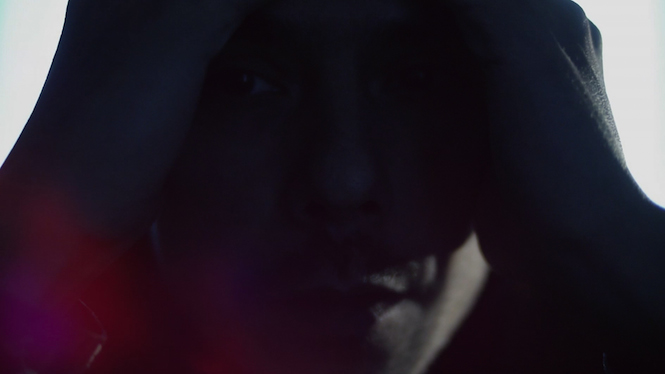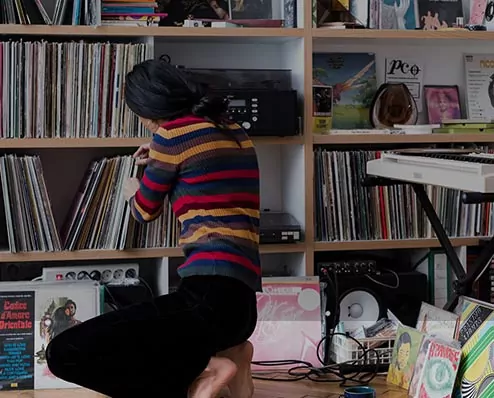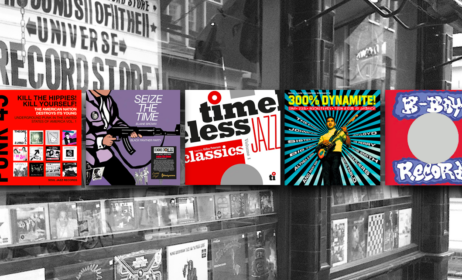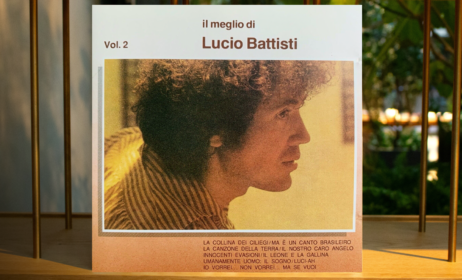Published on
May 28, 2015
Category
Features
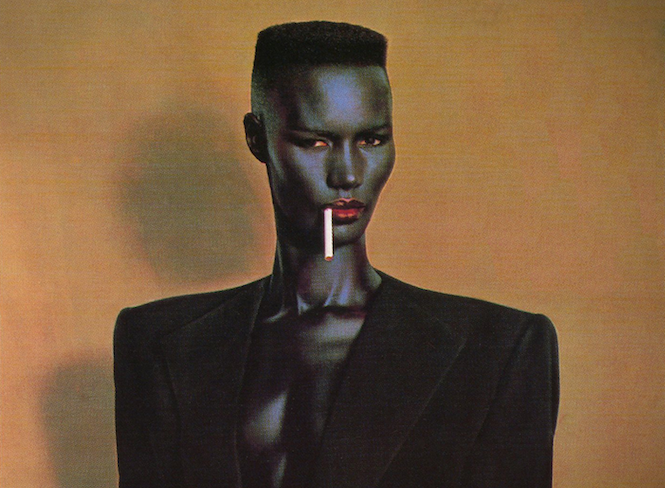
Colder
French synth pop artist Colder has just broken a 10-year hiatus with the release of new single ‘Turn My Back’, and word on the street is that there’s a new album on the horizon. Below he selects out an unusual Grace Jones record: her sun-kissed dubby cover of Joy Division’s ‘She’s Lost Control’.
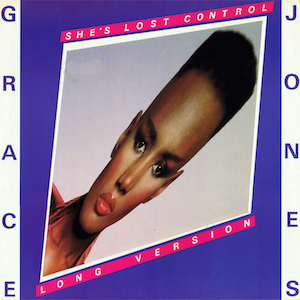 Grace Jones
Grace Jones
Private Life / She’s Lost Control
(Island, 1980)
There’s an invisible bridge amongst millions of others, crossing the Atlantic Ocean, linking a suburban area of Manchester called Stockport, and the small island of Nassau, in the Bahama archipelago. A bridge in between a little paradise built by Chris Blackwell and the Thatcherian nightmare of that epoch… In 1979, Joy Division recorded ‘She’s Lost Control’ at the Strawberry Studio, and a year later, Grace Jones would record a cover of it, arranged and produced by the Jamaican duo Sly and Robbie at Compass Point Studio, set by sandy beaches and turquoise seas.
It’s a little wonder for me and one of these rare perfect musical and astral combination of the opposites, up to the point that today, I almost prefer Grace Jones’ version to the original song.
Although it left a big share of the anger of Ian Curtis behind, turning it into a strange kind of crawling and threatening sense of humour, leaving you slightly dizzy or disorientated – shall I laugh or shall I cry? – this anger somehow returns toward the end of the song while the offbeat chopped “traditional” reggae guitar lick becomes more saturated and reminiscent of “Bela Lugosi’s dead”‘s guitars – recorded by “Bauhaus” the year before, in 1979 too. Not to mention Grace Jones’ incantatory ending vocals – which is something she definitely kept from Joy Division’s song in between other things: its formal simplicity, its repetitive and obsessive character, its minimal but twisted electronic approach through the use of what sounds like an out of tune synth and loads of flangery echoes on vocals.
In a word, it maintained its initial sense of austerity, but it’s dealing with it in a more playful manner which to my ears, stood time in a better way. An overall stronger sense of transcendence in dub music may explain that. Also the ghosts of the Thatcher years are somehow long gone, even though our present times share more and more similarities with that moment of history … who knows ?
Photo: Ramona Deckers / Patrice Baümel

